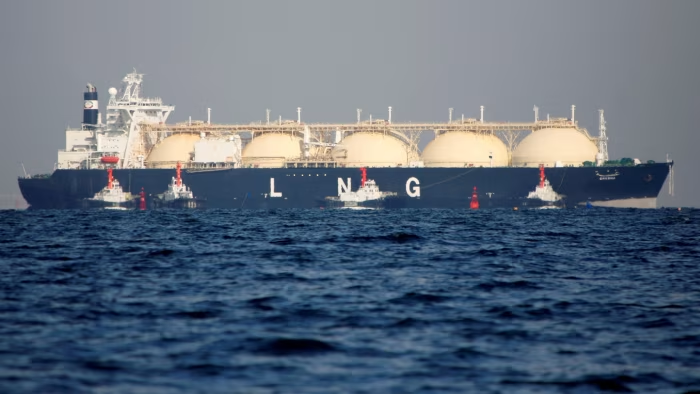South Africa’s power utility, Eskom, in collaboration with security operatives, has removed 42 transformers that were illegally connected to its network in Zandspruit, within the City of Johannesburg Metropolitan Municipality.
The operation, which took place on Tuesday, March 3, 2026, involved personnel from the South African Police Service (SAPS), the Johannesburg Metropolitan Police Department (JMPD), Eskom’s Group Investigations and Security Unit, and Venus Security Solutions.
According to Eskom, the 42 illegal transformers removed are valued at R2.84 million.
The power utility said the transformers are often stolen from Eskom and municipal networks.
The company warned that only Eskom-authorised technicians are permitted to operate on the electricity grid, noting that illegal installations put lives at risk, cause fires and electrocution, and contribute to non-technical losses.
“This operation highlights Eskom’s commitment, alongside law enforcement partners, to protecting infrastructure, reducing electricity theft, and educating communities about the dangers of unsafe connections,” the company said.
Eskom urged community members to report electricity theft and illegal connections to the utility or the nearest police station, adding that collective action can help stop unsafe practices, protect lives, and ensure a reliable power supply.
 Prior to this engagement, the minister had issued a seven-day ultimatum to ECG, the Energy Commission, and PURC to investigate and address widespread public complaints regarding the rapid depletion of prepaid electricity credits.
The directive mandates a probe into the issue of vanishing credits and the replacement of faulty meters, with the aim of restoring consumer trust amid rising electricity costs.
Prior to this engagement, the minister had issued a seven-day ultimatum to ECG, the Energy Commission, and PURC to investigate and address widespread public complaints regarding the rapid depletion of prepaid electricity credits.
The directive mandates a probe into the issue of vanishing credits and the replacement of faulty meters, with the aim of restoring consumer trust amid rising electricity costs.


















